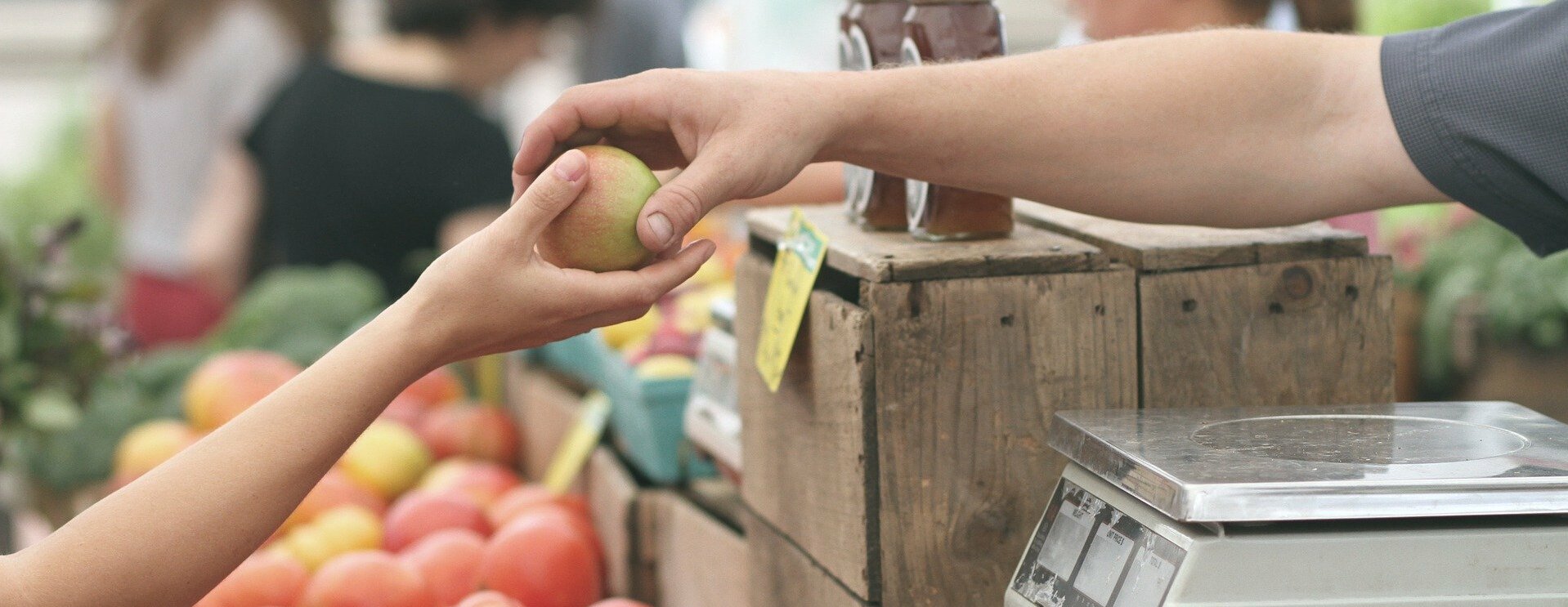
EXPERT: Reduction of subsidies for the agro-industrial complex may provoke price hikes
In Russia, only 19% of the 132 billion rubles allocated by the state budget were received by the agrarians on average. The day before it became known that the Ministry of Agriculture plans to reduce subsidies to the agricultural sector by 30% in 2022 in order to discipline regional authorities. We asked Igor Nikolayev, an economist and head of FBK's Institute for Strategic Analysis, to find out if there are any pitfalls in this idea.
- Igor Alekseyevich, how do you evaluate the plan of the Ministry of Agriculture to reduce the amount of aid to agrarians?
- We have a good level of state support. As a percentage of GDP, if you compare it with other countries, the level is quite acceptable. We reached such a level long ago, it would be good to maintain it.
If you think logically, when money does not reach those who it is supposed to reach, and not used in a targeted way, you have to make sure it is used, so that it reaches those who really need it. And not just: "Well, it didn't work, then - sorry"...
- What consequences do you think thismay have?
- Of course, we must take into account the current situation. We have managed with great difficulty to keep product prices down, although I wouldn't even say we have managed to keep them down - there are mechanisms, up to and including export bans. And if at that point we sharply cut agricultural subsidies, it will be an additional powerful incentive to raise the prices of agricultural products. We should consider this aspect. At least based on these considerations, I would really think it is worth taking such drastic steps.
- An election campaign has started in Russia. From your point of view, is there any reason to believe that the measure voiced is aimed at spurring regional authorities?
- It is fair enough, now everything should be perceived through the prism of elections. But in this case, when it comes from a state body, there will be more negativity. I don't think it is. This is economics.
Made in Russia // Made in Russia
Author: Maria Buzanakova